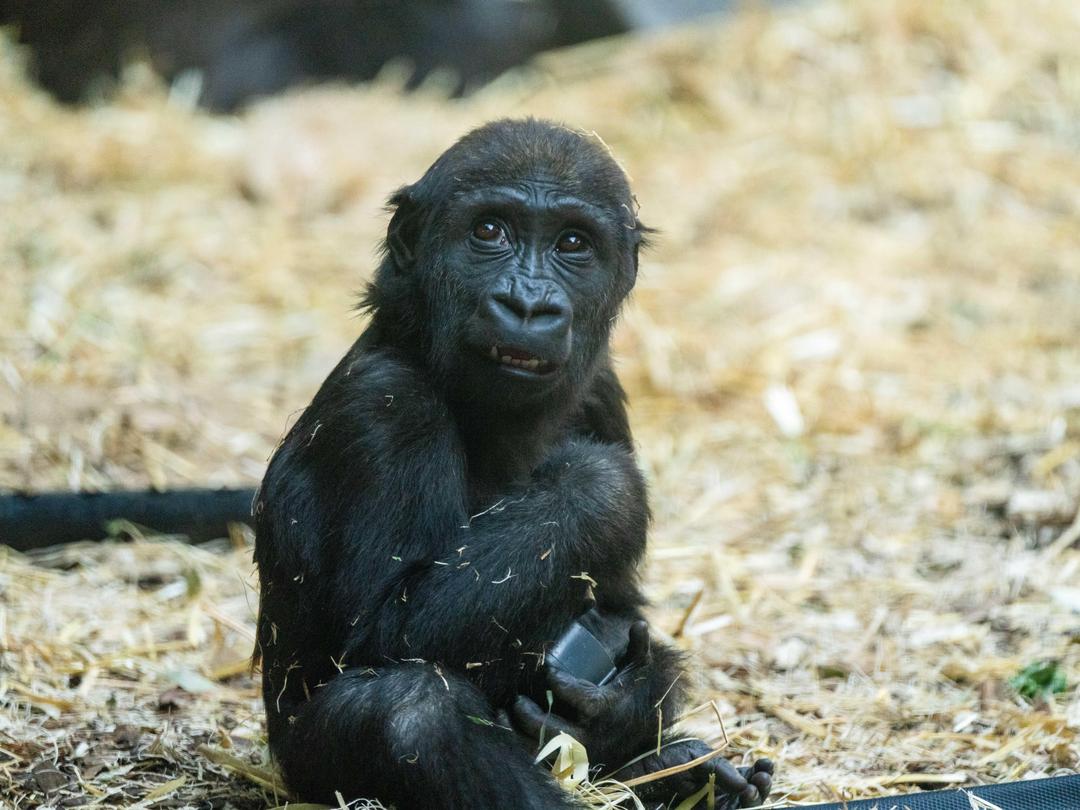Public Notice
Notice to Our Members and Visitors: In accordance with the Environmental Protection and Enhancement Act, the City of Calgary, Parks and Open Spaces has received approval from Alberta Environment and Protected Areas…
Read MoreChristmas Day: The Wilder Institute/Calgary Zoo will be closed on Wednesday, December 25th, for both day admission and ZOOLIGHTS, presented by Olympia Trust Company. Normal operations will resume on December 26th.
New Year’s Eve: On Tuesday, December 31st, last entry for day admission and members will be at 3 p.m. with grounds cleared at 4 p.m. to accommodate set up for our Zoo Year’s Eve event, presented by Orange Frog.
Thank you for your understanding.
Land of Lemurs Walkthrough & Outdoor Gorilla Amphitheatre: The two outdoor animal viewing areas will close for the season beginning on October 15. Lemurs and gorillas will be viewable in their indoor habitats.
African Savannah Yard: Our Hartmann’s mountain zebras and ostriches will be off-view until early 2025 while we complete exciting upgrades in the African Savannah Yard, including the construction of a new Savannah Barn for the animals. Our giraffe tower will continue to be viewable throughout the project.
Thank you for your understanding.
Announcements
20 NOVEMBER 2024 (Calgary, AB) – The death of 2-year-old female western lowland gorilla, ‘Eyare’, was determined to be an accident caused by human error; the Wilder Institute/Calgary Zoo announced earlier today.
“Eyare was moving around in the back of house, roaming from bedroom to bedroom interacting with the other gorillas. A member of her care team intended to activate a door to separate Eyare from other members of the troop for an individual animal training session but mistakenly activated the wrong door, resulting in Eyare being struck by the door and sustaining traumatic head injuries,” said Colleen Baird, Director of Animal Care, Health and Welfare. “The gorilla team retrieved Eyare from the troop and the Veterinary team immediately commenced lifesaving measures, including CPR. Sadly, Eyare succumbed to her injuries.”
The zoo immediately launched a formal investigation and has shared the preventative and corrective actions they will be taking, including:
The zoo shared that the gorilla care team member directly involved was immediately removed from the workplace following the incident. Before returning to work with the animals, they will be reassigned to another area of the zoo and will undergo further staff training for that area.
“This tragedy has struck us all in the deepest way imaginable,” said Baird. “Eyare’s short but impactful life brought so much joy to our community, and she will be deeply missed by all. We will do everything we can to prevent future incidents.”
For additional information and answers to common questions, please refer to our FAQ.
About the Wilder Institute/Calgary Zoo:
– 30 –
For more information contact:
Alison Archambault
Director, Brand & Engagement
403.232.7766 | 403.919.9482 | mediarelations@calgaryzoo.com
For more than 30 years, the internationally accredited Wilder Institute/Calgary Zoo has been a leading authority in wildlife conservation, reintroducing threatened species to the wild and empowering communities to conserve natural resources to positively impact both the environment and local inhabitants.
While our work is global, our roots run deep in the Albertan conservation community. Sitting on 125 acres in the heart of the city, we operate one of the oldest charities in Alberta, the Wilder Institute/Calgary Zoo – a not-for-profit charitable wildlife conservation organization that works to fight the extinction of plants and animals worldwide. In addition to the zoo, we proudly operate the Archibald Biodiversity Centre (ABC), Canada’s largest conservation breeding and research facility. Nestled on 330 acres in the Albertan prairies, the ABC is a stronghold for biodiversity and a temporary home to some of Canada’s most iconic species-at-risk.
The Wilder Institute/Calgary Zoo is passionate about inspiring and educating generations of visitors about the importance of biodiversity and conservation. Together, we will continue to be a force of nature for making the world a wilder place. Learn more at WilderInstitute.org and CalgaryZoo.com.
